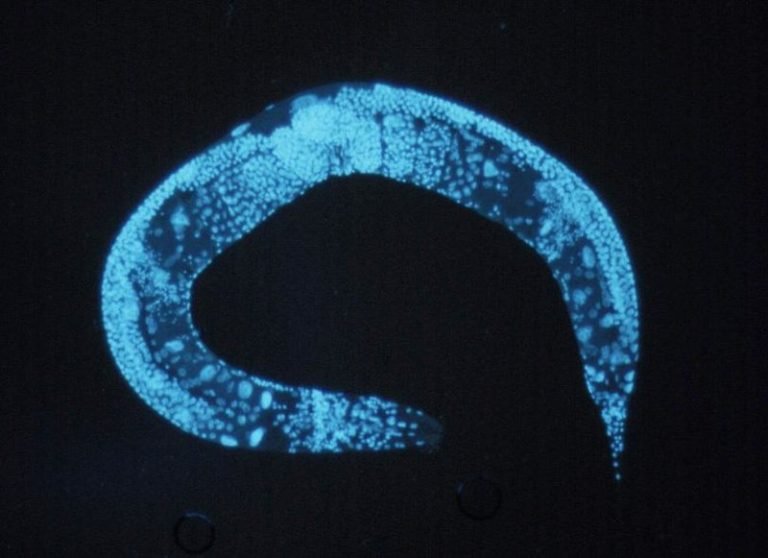

Scientists who have been studying the ageing process in C. elegans, a nematode worm with genes closely related to humans, discovered that altering their cellular pathways can increase their lifespan fivefold. That’s equivalent to four to five hundred years in a human’s lifetime!
Tweaking the IIS and TOR pathways in the worm led to a stress response in the mitochondria. While it’s still not clear exactly how this mechanism amplifies life expectancy, this explains why there has been no singular gene or cellular pathway found that gives longer life. It could be that the secret lies in a symbiotic interaction between different genes and pathways!
You won’t be seeing any humans getting this treatment soon, though. In addition to the ethical and moral dilemma that human experimentation brings, we also live long lives which makes it hard for scientists to figure out genetic and environmental factors that affect our ageing.
Despite this limitation, the result of this study does raise the potential use of combination therapies, something that has been used in the treatment of HIV and cancer, to extend a healthy human’s life.
What would you do if you can live up to five hundred years?